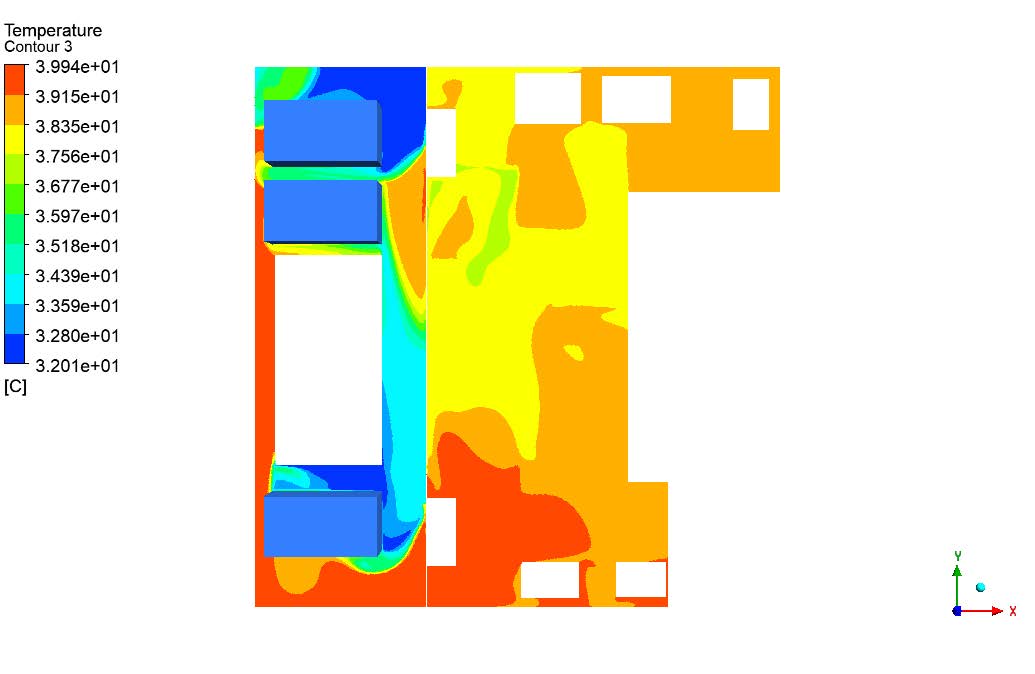info@gurendesign.com
82m Mega Yacht Engine Room CFD Ventilation
The art of building
Give your dreams a shape of reality
- Client Turquoise Yacht
- Category Advance Engineering
- Date 2023
- URL www.turquoiseyachts.com
Project Overview:
This project aims to conduct a Computational Fluid Dynamics (CFD) analysis to optimize and enhance the thermal comfort conditions within the engine room of an 80-meter motor yacht. The engine room is a critical space where various machinery and systems operate, and maintaining optimal thermal conditions is essential for both equipment performance and the well-being of onboard personnel.
Objectives:
Temperature Distribution Analysis: Conduct a detailed CFD simulation to analyze the temperature distribution within the engine room under different operational scenarios. Identify hotspots and areas with poor thermal comfort.
Airflow and Ventilation Optimization: Evaluate the effectiveness of the existing ventilation and airflow systems within the engine room. Propose modifications or enhancements to ensure efficient heat dissipation and uniform temperature distribution.
Heat Source Identification: Identify major heat sources within the engine room, including engines, generators, and other machinery. Analyze the impact of these sources on the overall thermal environment.
Occupant Thermal Comfort Assessment: Utilize thermal comfort indices (such as Predicted Mean Vote - PMV) to assess the perceived comfort of personnel working within the engine room. Identify areas where adjustments are needed to improve the comfort level.
Insulation and Material Analysis: Evaluate the effectiveness of insulation materials used in the engine room and recommend improvements if necessary. Analyze the impact of different materials on heat transfer and thermal comfort.
Emergency Scenarios: Simulate emergency scenarios, such as equipment failures or high ambient temperatures, to assess the resilience of the thermal management system and propose measures to mitigate extreme conditions.
CFD Model Validation: Validate the accuracy of the CFD model by comparing simulation results with actual measurements taken within the engine room. Adjust the model parameters as needed to ensure reliable predictions.
Recommendation Report: Compile a comprehensive report outlining the findings, recommendations, and proposed design modifications to enhance thermal comfort within the engine room. Include cost-benefit analyses for suggested improvements.

